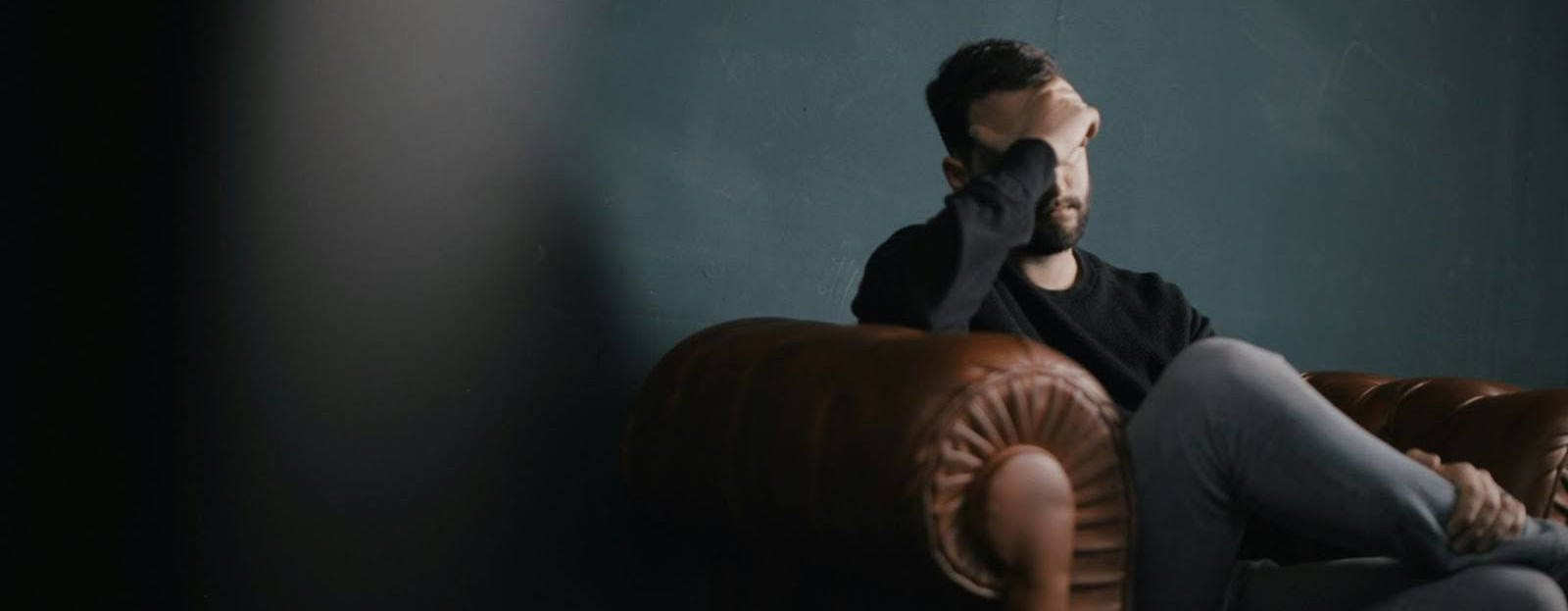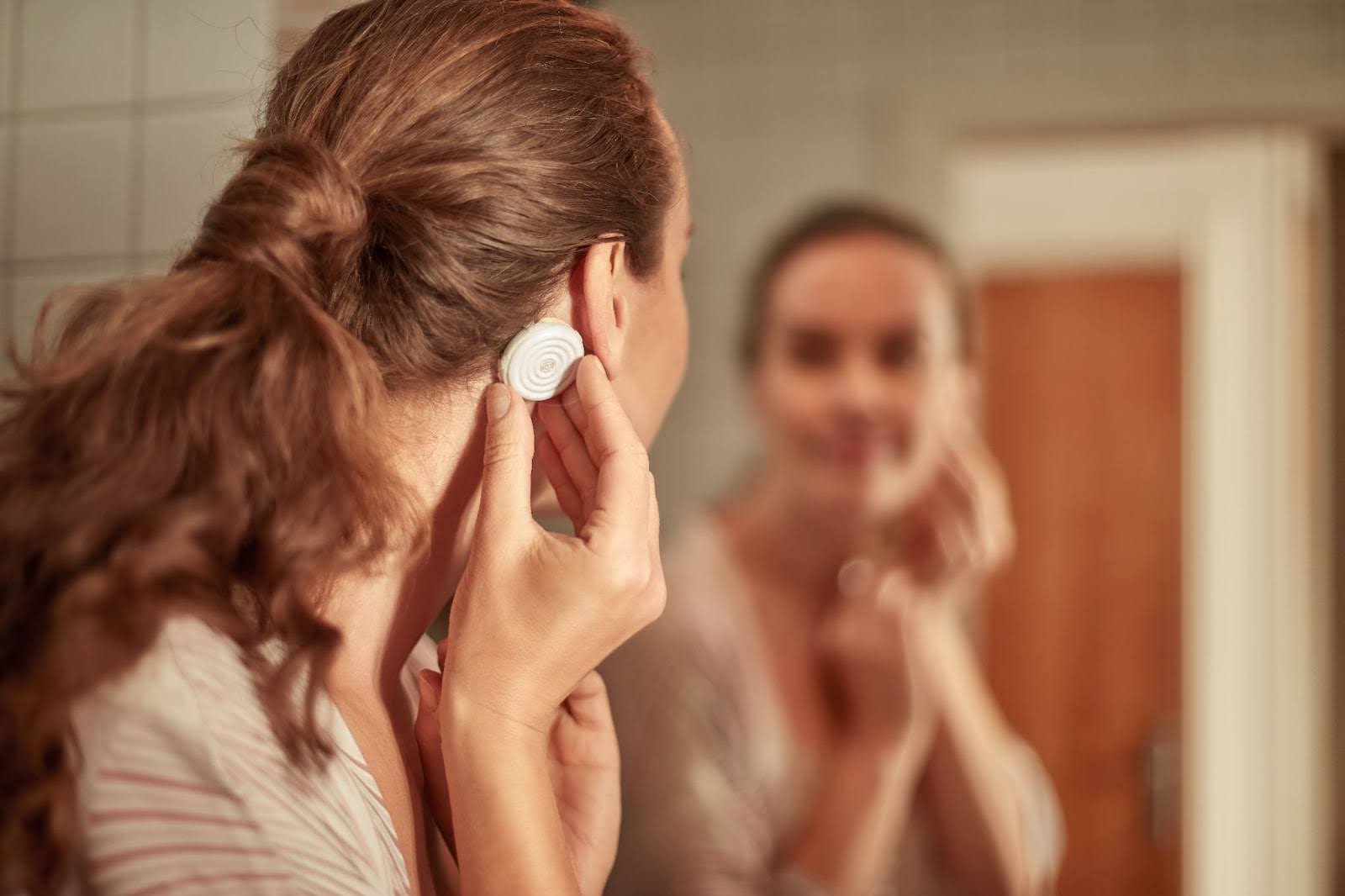
Why are my ears ringing? Why can no one else hear it? What is making this noise?
Hearing noises in your ears or head, when you don’t know the cause can be unsettling. Especially when it interrupts your sleep and you can not seem to escape it. A simple annoyance can quickly become a debilitating condition, affecting everything from your day-to-day life to your mental health.
If you are hearing buzzing, wooshing, ringing or static you likely have Tinnitus.
What is Tinnitus?
Tinnitus is not a disease, but a symptom from a wide range of underlying causes. The sound is generated by your brain or your nervous system. It typically presents as ringing, buzzing or whooshing in one ear or both, but sometimes it can feel like it’s in your head.
Tinnitus can have a continuous, or on the rare occasion; pulsatile presentation. Tinnitus can be high or low pitch and is often most prevalent in a quiet environment. Many people that have Tinnitus struggle to sleep because of this.
What Causes Tinnitus?
There are many different reasons why we get Tinnitus, but the most common is damage to the delicate cells of the inner ear from exposure to loud noise. This can be a single loud event, such as a loud firework, or continuous exposure to loud noise. This can be common in certain industries, such as construction. There are strong correlations between Tinnitus and hearing loss. If you have a loss, sometimes your brain can overcompensate for your lack of hearing and create its own background noise. Tinnitus can also be related to muscular movements in the areas around your ear, or even issues around blood flow, particularly to the face and neck. In addition, there are many other causes such as:
- Stress
- Aging
- High Blood Pressure
- Caffeine
- Alcohol
- Antibiotics
- NSAIDs
- Wax Blockages
Is There a Cure for Tinnitus?
Despite many claims, there is not currently a cure for Tinnitus. However, there are many ways to treat the symptoms. As Tinnitus is subjective, treatments will not work in the same way for everyone. It is important to not lose hope if something doesn’t work for you as there are many treatment options available to try.
The first step is to have a hearing test. This will show the likelihood of your Tinnitus being as a result of a hearing loss. If you have a loss, the most common way of treating your Tinnitus is with amplified sound. Sound from hearing aids, music or calming noise generators can help minimise the contrast between your Tinnitus and your environment.
There are many apps that are available for download onto your phone, which allow you to access noise generators. These can often be customiseable to a sound that you find relaxing. Many people use these when in a quiet environment to drown out their Tinnitus.


For those without a hearing loss, there are masking devices, which are worn on the Mastoid area behind the ears. These can be worn to sleep and during day-to-day activities, to help mask the Tinnitus. Prolonged use of such devices can lead to habituation.
Many people see an increase in their Tinnitus when they are stressed, therefore it’s important to try and reduce this where possible. It can also be possible to reduce Tinnitus by limiting caffeine intake. Whilst many medications list Tinnitus as a side effect, it is extremely important to not stop taking your medications without consulting your GP.
How Can Cox Lewis Hearing Help?
Lead Audiologist and Director; Leon Cox MSc BA(Hons) RHAD CEC took a great interest in Tinnitus when studying for his Masters in Audiological Science. In particular, he studied the generation sites of Tinnitus whilst writing his thesis paper.


As a result, Tinnitus is at the forefront of our minds here at Cox Lewis, and we understand that people can feel incredibly let down by medical professionals when they try to manage and understand their Tinnitus.
We offer a Tinnitus Consultation, which includes a full audiological assessment to ascertain the likely cause of your Tinnitus.
If a hearing loss is found, hearing aids are recommended. As we understand the complexities of finding the right solution for you, we offer a trial of hearing technology for 1 week, for you to experience the benefits before purchase.
If there is not a hearing loss, we offer Tinearity G1 which is a new technology on the market. It is worn on the Mastoid and supplies masking directly to the Cochlea. This in turn can improve habituation with continued use. At Cox Lewis Hearing, we offer a 1 month trial of the device, to ensure that you are getting the relief that you deserve.
IMPORTANT:
- If your Tinnitus is pulsatile, please see your GP, as you may require more extensive investigations.
- Please contact your GP if your quality of life is being affected by your Tinnitus. In particular, if you are experiencing sleep difficulties and depression.
- If your Tinnitus is so severe that you are contemplating suicide, please seek help immediately:
Samaritans are available 24/7, call them for free on: 116 123